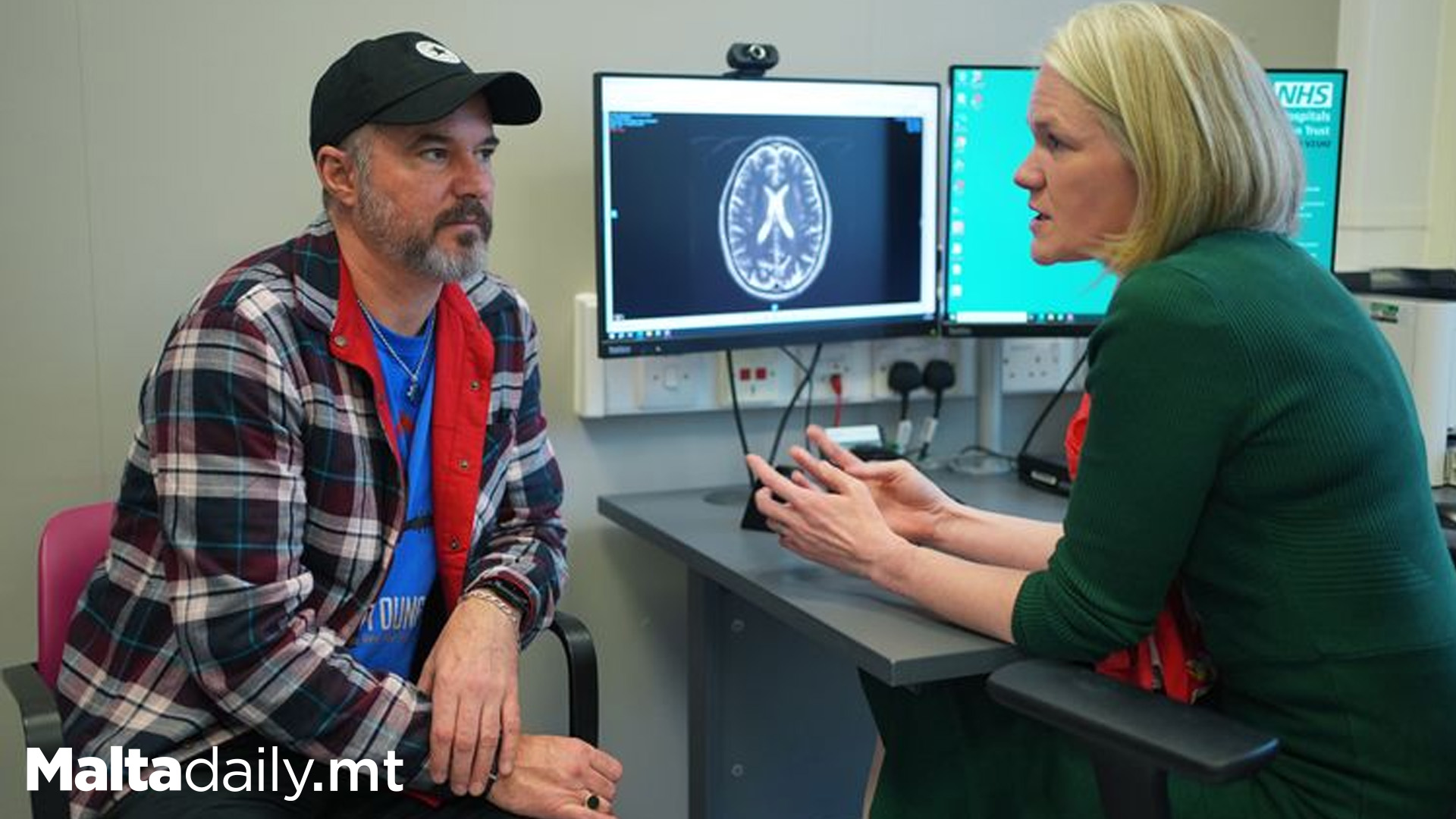
An important trial of the world’s first “personalised” mRNA vaccine against the deadliest form of skin cancer – melanoma – is now underway in the UK. Steve Young, 52, from Stevenage, Herts, who had a melanoma growth cut out of his scalp last August, is one of the first patients to try the shot. It is designed to help his immune system recognize and wipe out any remaining cancerous cells, potentially preventing the return of his cancer.
The combined treatment, made by Moderna and Merck Sharp and Dohme (MSD), is not yet available routinely on the NHS, outside of clinical trials. However, experts in some other countries, including Australia, are also trying it on patients to gather more evidence and see whether it should be rolled out more widely.
The vaccine is personalized – meaning the make-up of it is changed to suit the individual patient. It is created to match the unique genetic signature of the patient’s own tumor and works by instructing the body to make proteins or antibodies that attack markers or antigens found only on those cancer cells.
UCLH investigator Dr. Heather Shaw said the jab had the potential to cure people with melanoma and was being tested on other cancers – lung, bladder, and kidney tumors. “This is one of the most exciting things we’ve seen in a really long time,” she said. “It is absolutely custom-built for the patient – you couldn’t give this to the next patient in the line because you wouldn’t expect it to work. It’s truly personalized. These things are hugely technical and finely generated for the patient.”
The significance of this trial cannot be overstated. Melanoma, the deadliest form of skin cancer, has long presented challenges in treatment due to its aggressive nature and tendency to spread quickly. Traditional therapies like surgery, chemotherapy, and radiation have limitations, often leaving patients with few options. The personalized mRNA vaccine offers a new ray of hope, targeting the specific genetic makeup of each patient’s tumor and activating the immune system to fight against it.
While still in its experimental stages, the implications of this technology extend beyond melanoma. The prospect of personalized vaccines tailored to individual patients opens up possibilities for treating other types of cancer as well. Lung, bladder, and kidney tumors are just a few examples of cancers being targeted for potential breakthroughs.
As research continues and clinical trials progress, the hope is that this groundbreaking approach will become a standard part of cancer treatment, offering new hope to patients and families affected by this devastating disease. The journey toward personalized medicine is undoubtedly complex, but the potential to transform outcomes for cancer patients is within reach.
#MaltaDaily














